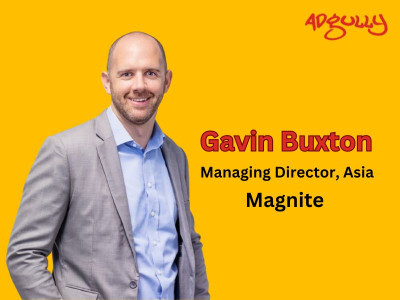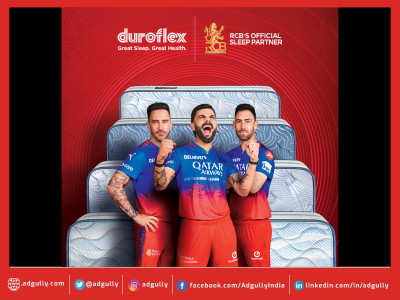COVID-19 crisis demanded an empathy-first approach from leaders: Smita Murarka
We, at Adgully, have always saluted and honoured women managers and leaders across diverse fields. Last year, we launched our unique and distinct program, called WOMEN DISRUPTORS, which drew a lot of attention and was highly appreciated by the industry. W-Suite is a special initiative from Adgully that has been turning the spotlight on some of the most remarkable women achievers in M&E, Advertising & Marketing, PR & Communication industry. In the refurbished series, we will find out how women leaders have been managing their teams and work as well as how they have been navigating through the toughest and most challenging times brought about by the global pandemic.
In conversation with Adgully, Smita Murarka, Vice President - Marketing & E-commerce, Duroflex, speaks about maintaining work-life balance, what makes women best at crisis management and much more.
How do you think the role and scope of women leaders has widened in the post-pandemic world?
The pandemic has equalised a lot of things from a gender perspective. From my experience, the gender gap in leadership has definitely reduced to a large extent. Leading with empathy and providing emotional support for your team was very critical last year and this is something women leaders were able to easily set an example of. Overall, last year was conducive for women leaders as it leaned into our natural ability to lead with compassion.
The rapid transition to digital, an uncertain economic landscape, charting unknown waters, working from home with no modes of the usual contacts. How have you been navigating during the COVID-19 times? What were the challenges that you faced and how did you tackle them?
The first step was to have the right mindset. For me, accepting the new normal with all its nuances helped me switch gears mentally into a mode of resilience and agility. This helped tackle a lot of the challenges that came our way with a sense of ease. Another critical aspect was to getting the balancing act right between work and personal time while working from home. Most of us experienced work and personal life merging in unprecedented ways. Personally, for me, having a routine carved out for personal time, setting strong boundaries for myself and respecting the boundaries of my team helped navigate this. At Duroflex, we managed our pandemic pivot very successfully using agility as the driving force resulting in business growth, this kept all of us motivated and in a positive state of mind.
As for digital transition, the pandemic definitely helped accelerate this in a very organic way. Of course, many of us did experience screen fatigue, but ultimately, we have all come out learning to collaborate effectively with people remotely and drive results.
Multiple studies have shown how women leaders performed better during the COVID-19 crisis. According to you, what makes women the best in crisis management?
I think the COVID-19 tested emotional resilience and demanded an empathy-first approach from leaders. I think women inherently inculcate these values very early on in our lives, as a consequence it’s possible that women leaders did come out on top. Women are also used to donning multiple hats at the same time with ease, something that worked in our advantage during the crisis. Of course, ultimately all this needs to be combined with talent, experience and passion to deliver results.
What are the five most effective lessons that you have learned as a woman leader?
The crisis has been a great learning curve, two critical lessons I would like to share are:
- Leading with empathy: With work life merging due to work from home, empathising with the team as a leader and playing the advisory role of helping them navigate their personal and professional dilemmas is a valuable leadership lesson that I have picked up.
- Opening up channels of communication: Clearly communicating expectations, impediments and aligning on end goals irrespective of hierarchies can go a long way in getting work done efficiently and without stress. While this feels like a very obvious lesson, very often we have the tendency to hold back our thoughts and act on assumptions. By truly opening out channels of communication, across board, we can iron out many challenges and enable harmonious collaboration.




















Share
Facebook
YouTube
Tweet
Twitter
LinkedIn